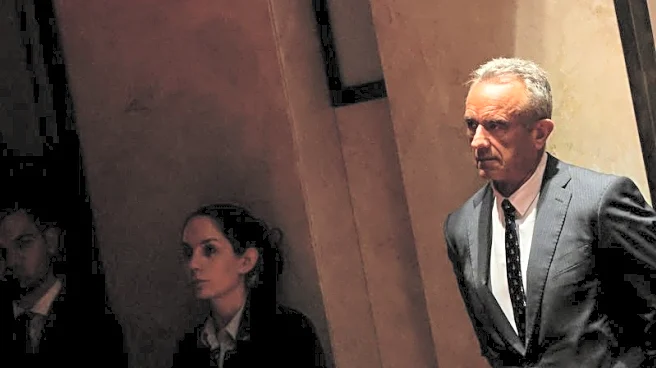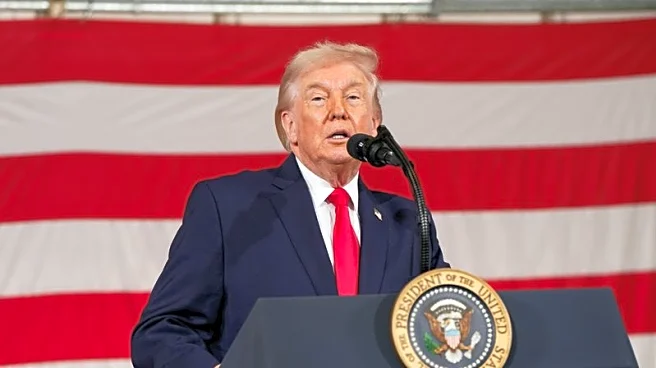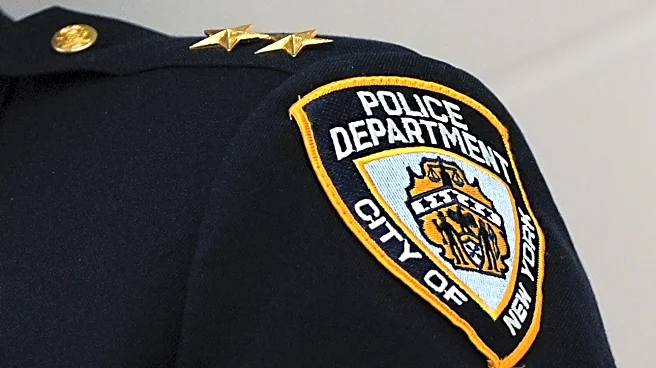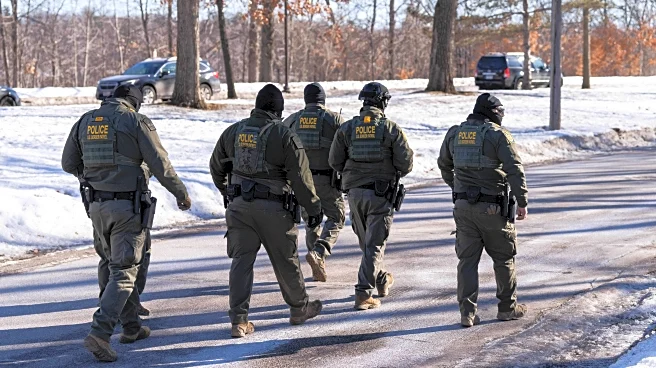(Reuters) -Susan Monarez, director of the U.S. Centers for Disease Control and Prevention, was ousted on Wednesday, less than a month into her tenure, after clashes with Health Secretary Robert F. Kennedy
Jr. over vaccine policy.
Below are some key changes at the CDC since Kennedy became health secretary early this year:
MASS LAYOFFS
Shortly after becoming the nation's top health official, Kennedy announced plans to lay off 10,000 staffers at U.S. health agencies. Some 2,400 people at the CDC were let go as part of the overhaul, though some 700 were rehired.
Earlier in August, at least 600 CDC employees received permanent termination notices.
CDC DIRECTOR
Dave Weldon, a long-time vaccine critic initially nominated by President Donald Trump to direct the CDC, had his candidacy withdrawn in March, hours before his confirmation hearing.
VACCINE ADVISORY BOARD
In June, Kennedy fired all 17 members of the CDC's Advisory Committee on Immunization Practices, citing conflicts of interest, though no specific evidence was provided. The move was criticized for undermining public confidence in vaccines.
He replaced them with new members, including several with anti-vaccine views. They included Robert Malone, known for opposing mRNA shots. Vaccine skeptic Retsef Levi, another member of the vaccine panel, was also chosen to lead the CDC's COVID-19 immunization workgroup.
COVID SHOTS
Kennedy announced via social media in May that the U.S. will withdraw federal recommendations for COVID vaccinations for pregnant women and healthy children, bypassing the CDC's traditional advisory process. The CDC later said COVID shots remain an option for healthy children when parents and doctors agree they are needed.
RESIGNATIONS
Monarez's exit follows the departure of several key scientists at the agency.
In June, pediatric infectious disease expert Dr. Lakshmi Panagiotakopoulos resigned as co-leader of a CDC working group that advises on COVID vaccines, shortly after Kennedy said he had removed the shots from the CDC's recommended immunization schedule for healthy children and pregnant women.
Within weeks, Dr. Fiona Havers, who oversaw COVID and RSV data, resigned, citing concerns over data use.
On Wednesday, CDC Chief Medical Officer Debra Houry, National Center for Emerging and Zoonotic Infectious Diseases Director Daniel Jernigan, National Center for Immunization and Respiratory Diseases Director Demetre Daskalakis, and Director of the CDC Office of Public Health Data, Surveillance and Technology Jen Layden also resigned.
AUTISM STUDY
In March, Reuters reported that the CDC was planning a large study into potential connections between vaccines and autism, despite extensive scientific research that has disproven or failed to find evidence of such links. Kennedy has said he will present some findings on the contributors to autism in September.
SECURITY CONCERNS
In early August, a shooting at the CDC headquarters in Atlanta raised concerns about the safety of federal health workers, prompting calls for tighter emergency procedures.
(Reporting by Puyaan Singh and Sneha S K in BengaluruEditing by Rod Nickel)










